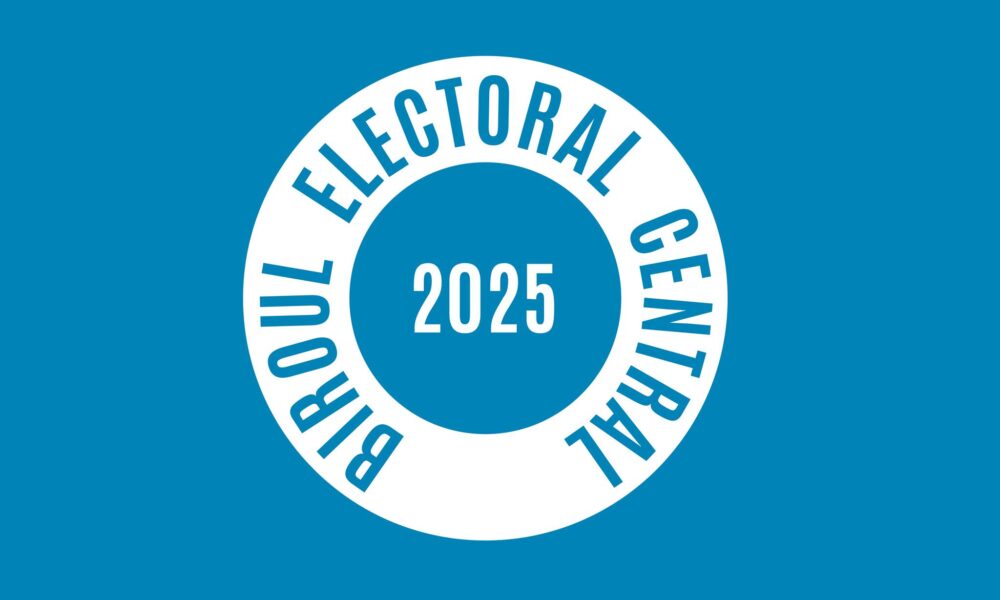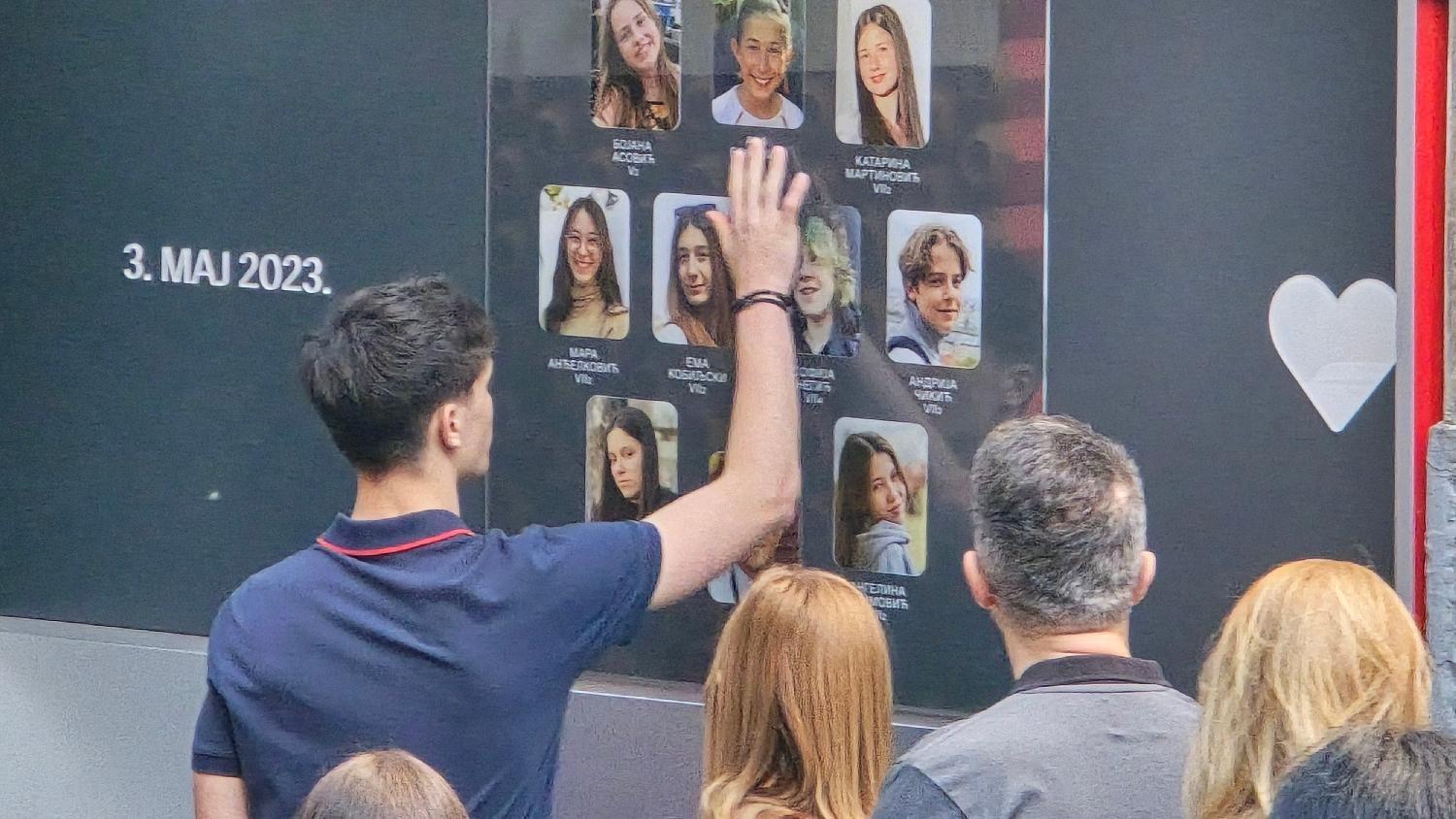Column | Whether or not attention for Gaza on May 4?
:format(jpeg):fill(f8f8f8,true)/s3/static.nrc.nl/taxonomy/061fd2f-Rusman%252C%2520Floor%25202023%2520%255BDoomernik%25202320%255D%25201280%2520WEB.png)
This week something interesting happened on the radio. Bee This is the day Rabbi Yanki Jacobs and anthropologist Danielle Braun, also Jewish, talked about the national commemoration of the dead. The reason was the alternative commemoration in The Hague, where attention is also paid to Gaza. Jacobs thought that May 4 should revolve around the Second World War, Braun also wanted to create room for victims of contemporary violence, especially if the Netherlands is indirectly involved – such as in Gaza.
Jacobs didn’t have to know anything about it. « The choice to stop at Gaza specifically on May 4, the day of the National Remembrance Day, has nothing to make with the well -being of the Palestinians and nothing to commemorate the Second World War; it is a conscious choice, as far as I am concerned, to polarize and provoke. »
It is interesting here the words « as far as I’m concerned ». Jacobs not only claims to know what the only right way is to commemorate, but also what the motive is of the people with a different vision. They are not at all about the Palestinians, no, they consciously choose to provoke. That is their real goal.
The Central Jewish Consultation also stated through chairman Chanan Hertzberger that the alternative commemoration is a « provocation » « towards what the Netherlands binds together, towards our collective history. » Hertzberger also knew the intentions: « What we should not do is to commemorate our commemorating. That is precisely what these people intend to do. »
Theodor Holman had previously done the same. « The Israelis now commit genocide on the Palestinians because they are Palestinians? Of course not. Are Gazanen just being killed because they are Gazans, » he recently said in his Parool-Column. « That accusation of genocide is due to a filthy language game. A trick. By linguist; by definitions deliberately handling incorrectly. People use words like shit that must be pushed by too small holes. It is consciously hurtful. »
Holman is convinced that Israel does not commit genocide in Gaza, for: « Anyone who accuses Israel of genocide accuses Jews that they have the same intentions as the Nazis in Germany. » This is a completely private interpretation of the word genocide, because nobody says that all genocid perpetrators must have exactly the same intentions. If that was the case, then it made no sense to use a category as a genocide at all. The idea of a category is that there are different cases that share certain characteristics with each other, which does not mean that they look alike in detail.
But Holman knows for sure that his own interpretation of the word genocide is correct. So it cannot be that other people think differently; No, whoever does not agree with him is consciously hurting. Jacobs and Hertzberger use the same thought. People who want to pay attention to the victims in Gaza on 4 May don’t simply think differently about the nature of the commemoration of the dead and the seriousness of the slaughter in Gaza; They want to provoke and split society.
Something you see more often here: people reason from their own frame of reference. If the actions of another person are incorrect according to that framework, then the other person does not have a different view of the case, but simply has it wrong. In fact, the fact that the other person persists in this behavior, even though it is so clearly wrong, indicates bad intentions or at least a lack of respect.
I have also been guilty of this line of thought, but on a completely different and relatively insignificant level. I celebrate my birthday every year, that is an important day for me. Part of that is getting presents. I like giving presents and getting: it is a way to show what someone means to you.
Unfortunately, some friends rarely or never bring a gift. « You don’t love me! » Is my involuntary first thought. The mechanism is the same as with Jacobs, Hertzberger and Holman: I believe there is one correct conduct (in this case: giving a gift on a birthday). Everyone knows that the one who arrives empty -handed, and so those empty hands are a sign of disinterest. A provocation, you could even call it.
There is a word for this, namely relation. You think something is about you, but that is not the case. That people don’t give me a gift mainly betrays how they think about giving gifts, not how they think about me. I can still find that very stupid (it is certainly not attentive), but that does not make it any provocation yet.
The same applies to the people who want to pay attention to Gaza on 4 May. You can find everything about that, but that they want that says nothing about you. It says exactly what they say it says: that they find it indigestible that, eighty years after the Second World War, people are killed on a large scale while the whole world is watching.
Floor Rusman ([email protected]) is editor of NRC

/s3/static.nrc.nl/images/gn4/stripped/data131701481-904e85.jpg|https://images.nrc.nl/CovqCTnPyXCOylffIgmoZGF44ak=/1920x/filters:no_upscale()/s3/static.nrc.nl/images/gn4/stripped/data131701481-904e85.jpg|https://images.nrc.nl/jDpfdy5baplGvPerHaVxzIky2uE=/5760x/filters:no_upscale()/s3/static.nrc.nl/images/gn4/stripped/data131701481-904e85.jpg)
:format(webp)/s3/static.nrc.nl/wp-content/uploads/2025/05/02075651/web-0205BINscheveningen.jpg)
:format(webp)/s3/static.nrc.nl/bvhw/files/2023/11/data107772246-8e777c.jpg)




